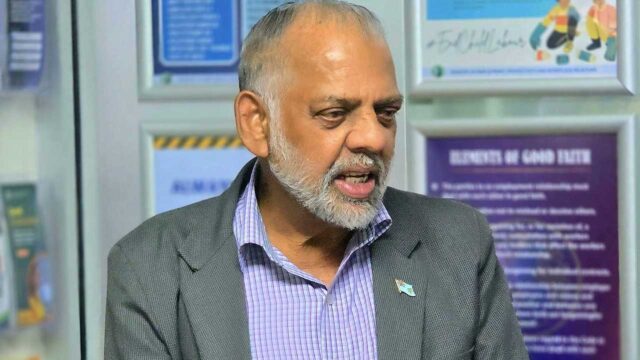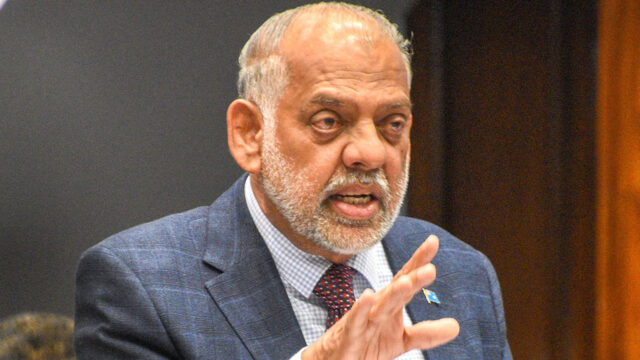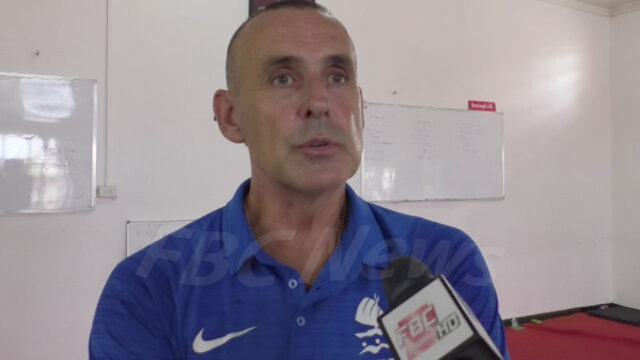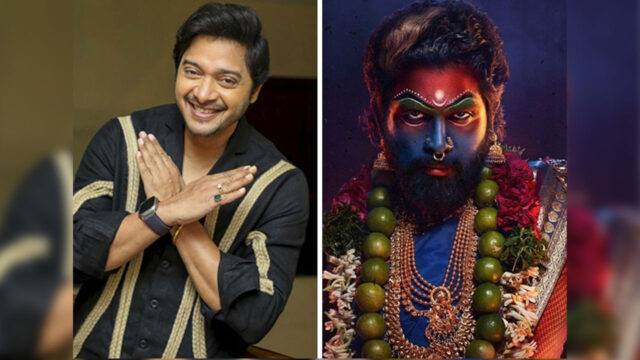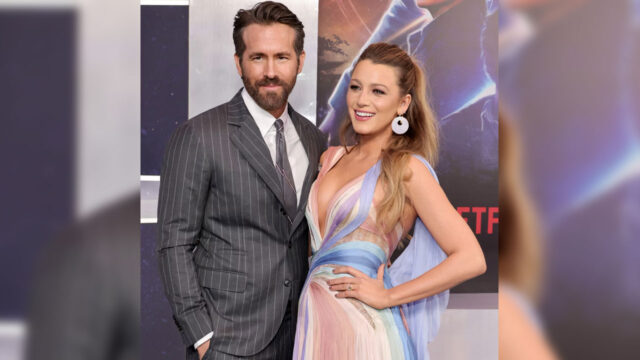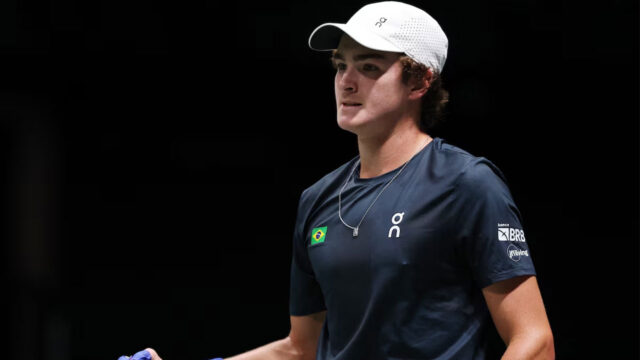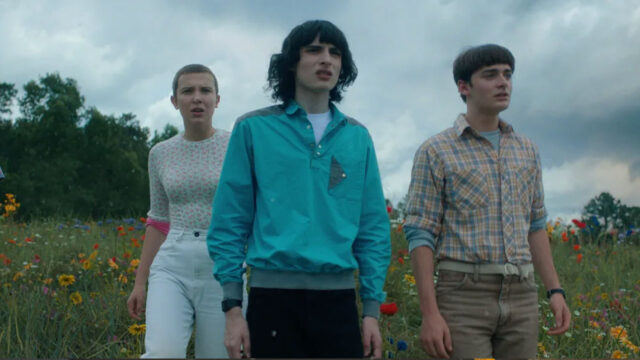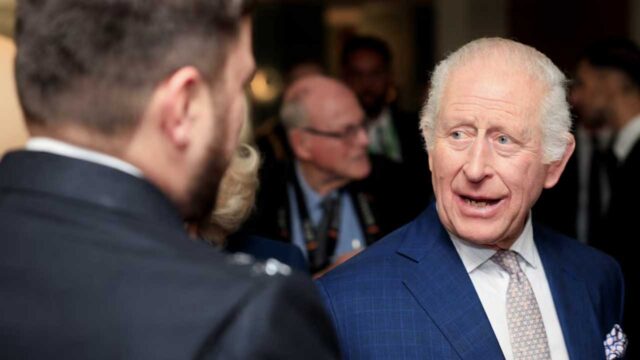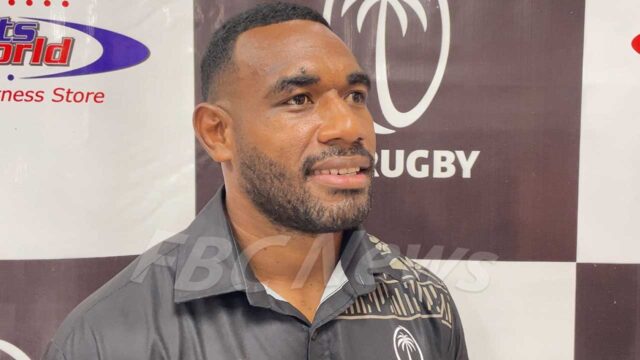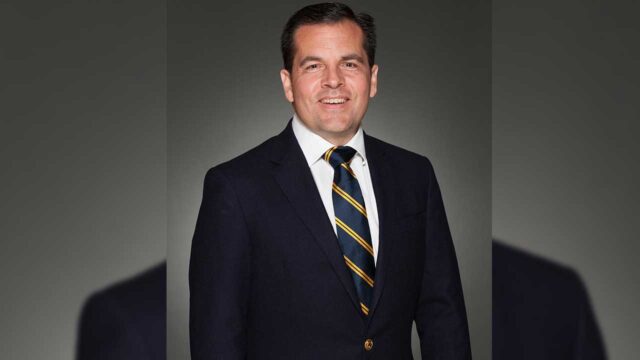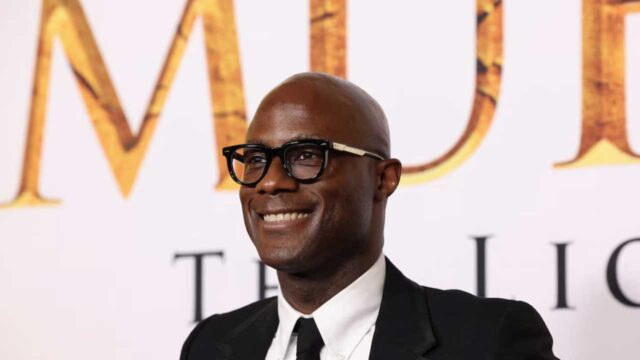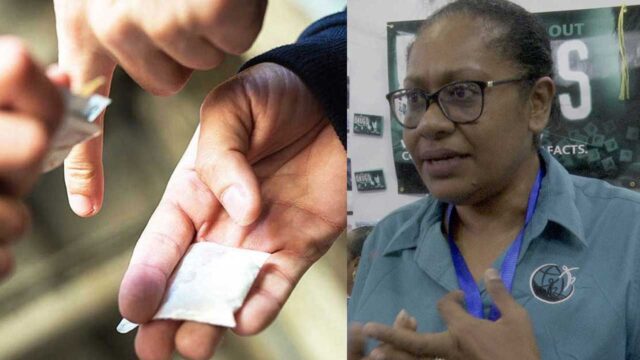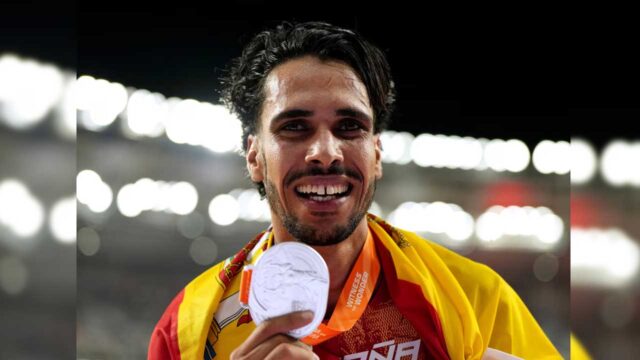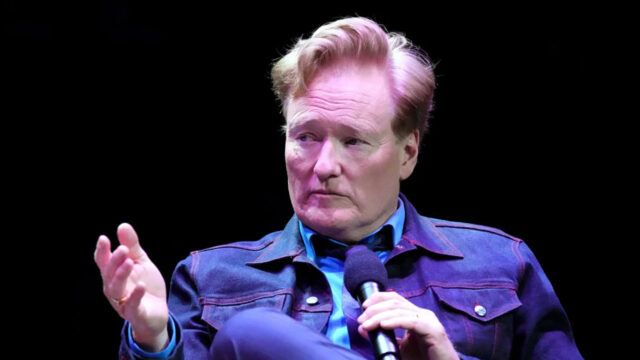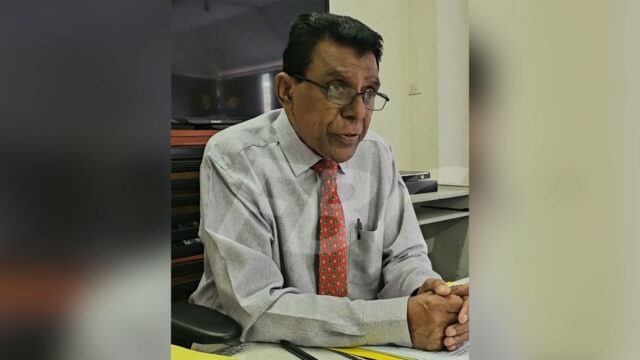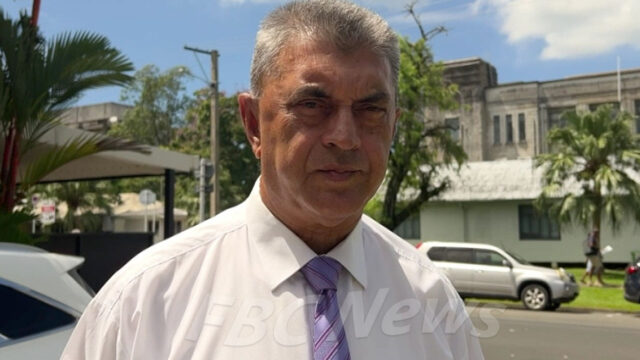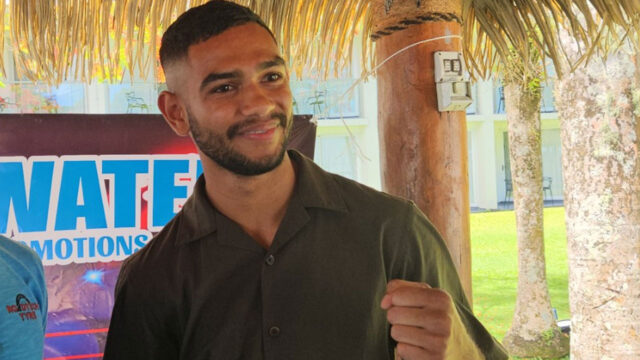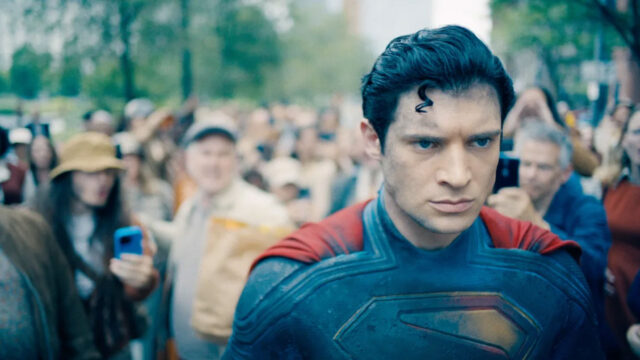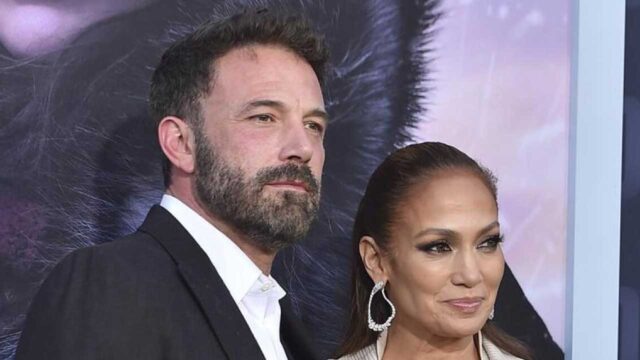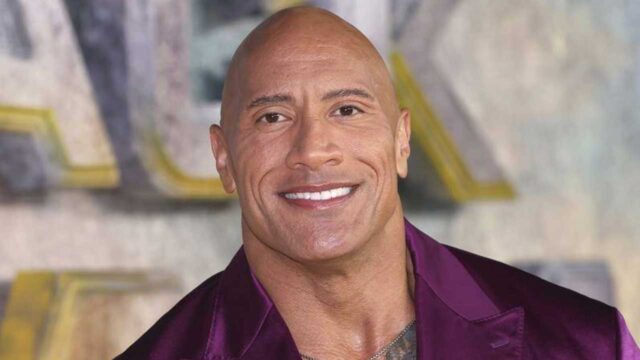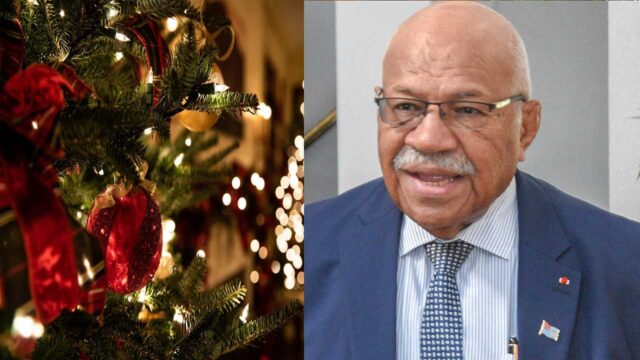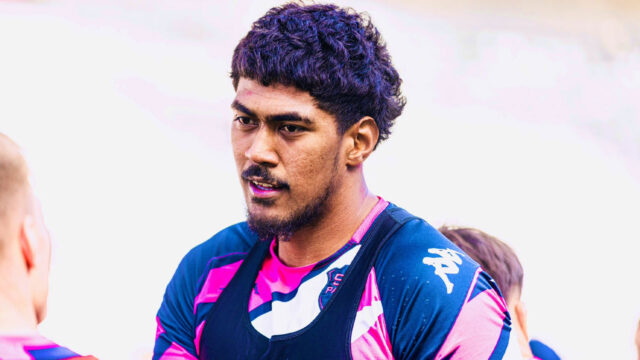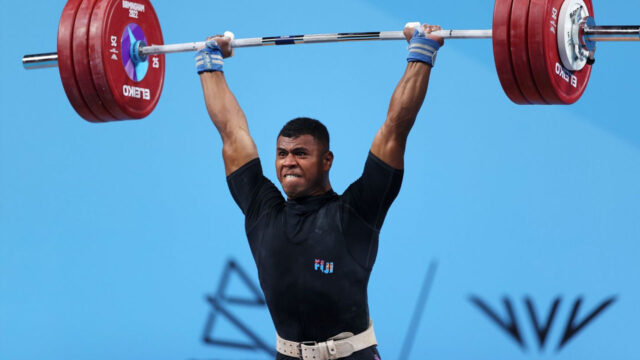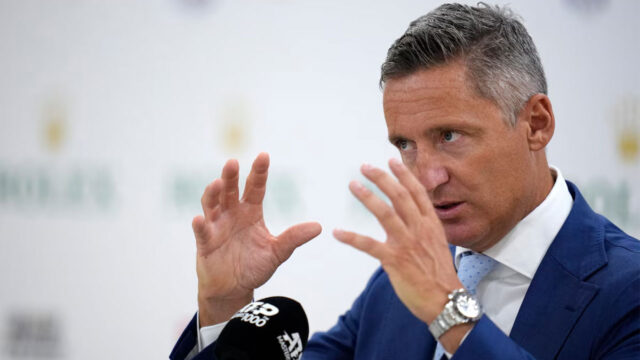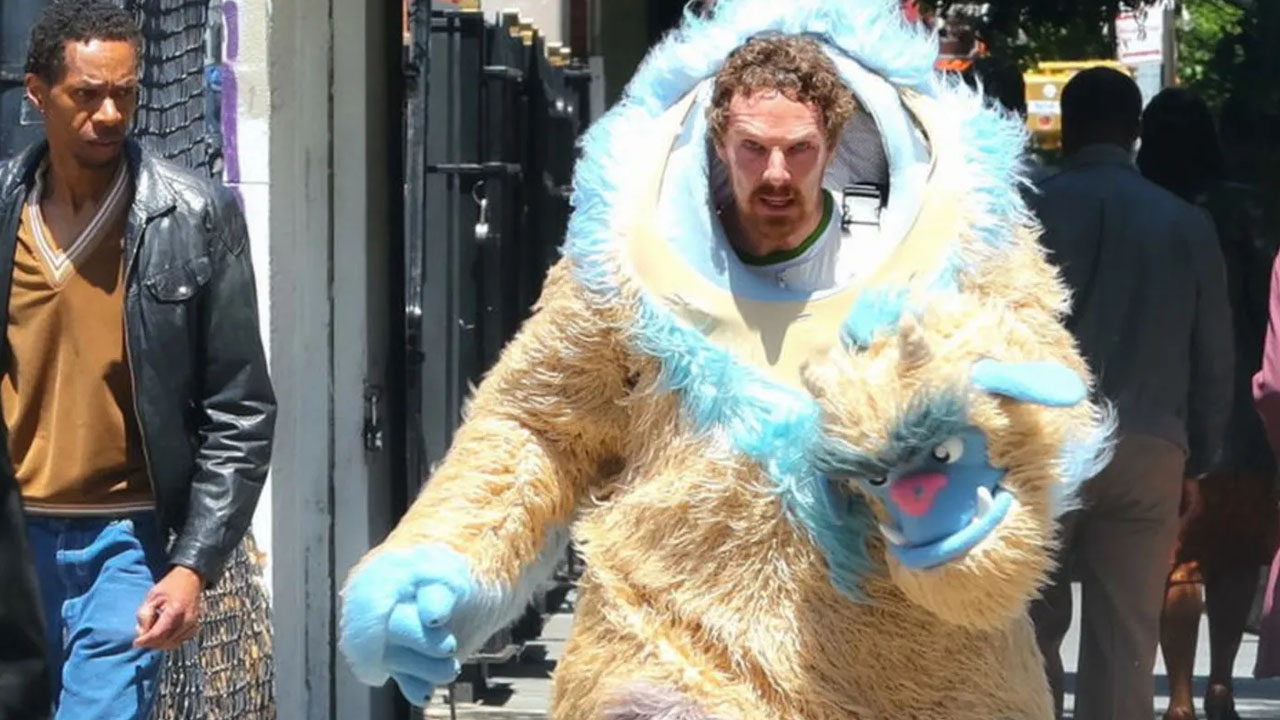
[Source: BBC]
Being versatile should be part of any actor’s repertoire, but Benedict Cumberbatch was taken to new limits when he jogged around New York dressed as a 7ft monster.
“It was one of the most ludicrous things I’ve ever done – and I’ve done a few,” he tells BBC News. “It was fun though – and painfully funny.”
He stars in thriller TV series Eric, as Vincent, the troubled father of a nine-year-old boy who goes missing on the way to school.
Set in New York City during the 1980s, the show introduces Vincent as a somewhat charmless puppeteer. He’s the co-creator of Good Day Sunshine, a popular children’s TV show that celebrates being “different”.
Vincent and his wife Cassie are sent frantic with worry after the disappearance of their son, which splinters their unhappy marriage as Vincent spirals downwards.
Wracked with guilt, he becomes even more caustic and destructive.
Vincent also becomes fixated on the idea that if he can create a real-life version of Eric, a monster his son imagined and drew at home, he will find Edgar.
The puppeteer even hallucinates seeing Eric standing next to him, wisecracking and poking holes in his ego – because “puppets say the things we can’t”.
It’s very much a psychological exploration, written for Netflix by Abi Morgan. Her other work includes 2011’s Oscar-winning film The Iron Lady, plus Bafta-nominated film Shame and BBC legal drama series The Split.
Cumberbatch says the monster represents Vincent’s “shadow self” – a term developed by psychiatrist Carl Jung, describing “parts of the psyche people often keep hidden, such as trauma and resentment”.
“He’s this chaotic guy on the edge,” the actor explains.
Vincent had a pretty bad start in life, emotionally speaking, he says. His “loveless upbringing, where his mental health issues were dealt with by prescriptions and a cold, Victorian dismissal of ‘not seen, not heard'”, resulted in “that trauma smashing into the family dynamic and his work life”.
The actor, Oscar-nominated for 2022’s for The Power of the Dog and 2015’s The Imitation Game, also starred as Dr Strange in the Marvel films and clearly enjoys playing complex characters.
“I don’t want to play people who get the green thumbs up or red thumbs down. I think we all live in a grey area,” he says.
“There’s good and bad in all of us. That’s what makes us human. And this is an extreme, admittedly, but there’s a huge deal of pain behind the pain Vincent causes.”
Gaby Hoffman, who plays Edgar’s mother, Cassie, adds: “The way that I see it is when you’re not properly loved as a child, and not given the space and the opportunity to discover yourself, you struggle with that as life goes on.
“If you are given that space as a child, there’s less of that work to be done later on.”
Meanwhile, on set, Cumberbatch was in awe of Olly Taylor, who played Eric for much of the series.
“It was beautiful to act opposite Olly, who’s inside the suit – he gave him so much life and character,” the actor smiles.
But it was quite a revelation when he had to climb inside the suit himself. As well as finding it “ludicrous” to run in it, he was also quite humbled.
“People say, ‘What moved you most about this drama?’ Actually it was putting on Olly’s visor and seeing what he saw, and how he’d been doing it for about five months at that point,” he says.
“It just made me be so sad for my collaborator, who’d been so brilliant, but had suffered so much.”
He reveals how to navigate safely while wearing the 20kg suit.
He had to wear goggles inside it, which allowed him to see the camera feed on Eric, so he could work out where he was standing.
“You have four fixed cameras inside it. You can’t see at all, as we would, with periphery – nothing – just reported sight of what he looks like within the scene… with three screens to look at.
“I mean, Olly gave a beautiful, grounded, believable performance that had us all like kids again, just in awe, and tearing up and smiling and laughing. It was a joy.”
Morgan muses over why she included puppets in the series, telling the BBC: “I guess the creative process in itself is a form of puppetry.
“That metaphor could go on and on in various institutions that we know well, which is all about who’s pulling the strings, and who has their hands up our backsides.”
The last few years have been pretty tough for Morgan, as documented in her 2022 book, This Is Not a Pity Memoir, where she describes how her husband, who has multiple sclerosis, developed the neurological condition Anti-NMDAR encephalitis in 2018, after taking part in a clinical trial.
It left him in a medically-induced coma, but when he eventually came round, he had developed Capgras delusion, meaning he was unable to recognise her.
The last few years have been pretty tough for Morgan, as documented in her 2022 book, This Is Not a Pity Memoir, where she describes how her husband, who has multiple sclerosis, developed the neurological condition Anti-NMDAR encephalitis in 2018, after taking part in a clinical trial.
It left him in a medically-induced coma, but when he eventually came round, he had developed Capgras delusion, meaning he was unable to recognise her.
Her inspiration for the show came from growing up in a theatrical family, and also working as a nanny in New York in the 80s.
She has a love of films set there, such as Taxi Driver, Tootsie and Kramer vs Kramer – although Budapest doubles for the Big Apple’s cityscapes in Eric.
No stranger to how the entertainment industry works, the Emmy-winning writer says she gave Netflix a one-line pitch for the show.
“I told them, ‘It’s about a man who goes on a quest to find his son, and there’s a 7ft blue puppet on his shoulder’.”
But much like the melting pot of New York City, Morgan’s show is a multi-layered look at issues from addiction, family breakdown and mental illness to homophobia, racism, corruption, homelessness and the Aids epidemic.
“I didn’t intend to explore so much at once,” she explains. “But if you’re going to take on the city at that time, it’s pretty hard not to cross over those major themes.
“You know, we still have that dark underbelly in every city in the world. We still have those themes that may have modified with time.
“But they’re still there – racism, homophobia, greed, corruption – and so those felt like the sort of the obstacles our characters had to cross over and travel through.”
McKinley Belcher III plays Detective Ledroit, the police officer tasked with finding Edgar, who finds himself on the receiving end of many prejudices.
Ledroit is black and gay, and “understands he lives in a world that is not ready to receive him as such”, the actor explains.
He says the role “scared” him because it “asked me to explore some things that are not necessarily always comfortable”.
“I am a black queer man, and there’s a lot of that that hasn’t changed all that much from the 80s ’til now. In my journey as a man coming to terms with myself and coming out, there’s a lot that is very present for me on a daily basis.”
Ledroit also searches for another missing boy, a black teenager called Marlon, who got much less press attention than Edgar.
Cassie meets Marlon’s mother Cecile (played by played by Adepero Oduye), who doggedly pursues the police, repeatedly reminding them to look for her son.
Describing Oduye’s “beautiful performance”, Hoffman says Cecile is “a guide of sorts, through the murky darkness of this experience for Cassie”.
Morgan ends by saying that if Eric has a message, it’s possibly that “little monsters become big monsters”.
“I guess it’s not just about parenting on the micro-level – that we grow up and learn from our own parents – I’m talking about the way a city parents people.
“As artists, I suppose we try and hold a mirror up – it’s about being fearless and saying, ‘OK, what does this say about our own times, as well as the period it’s set in?'”
Eric is released on 30 May on Netflix.








